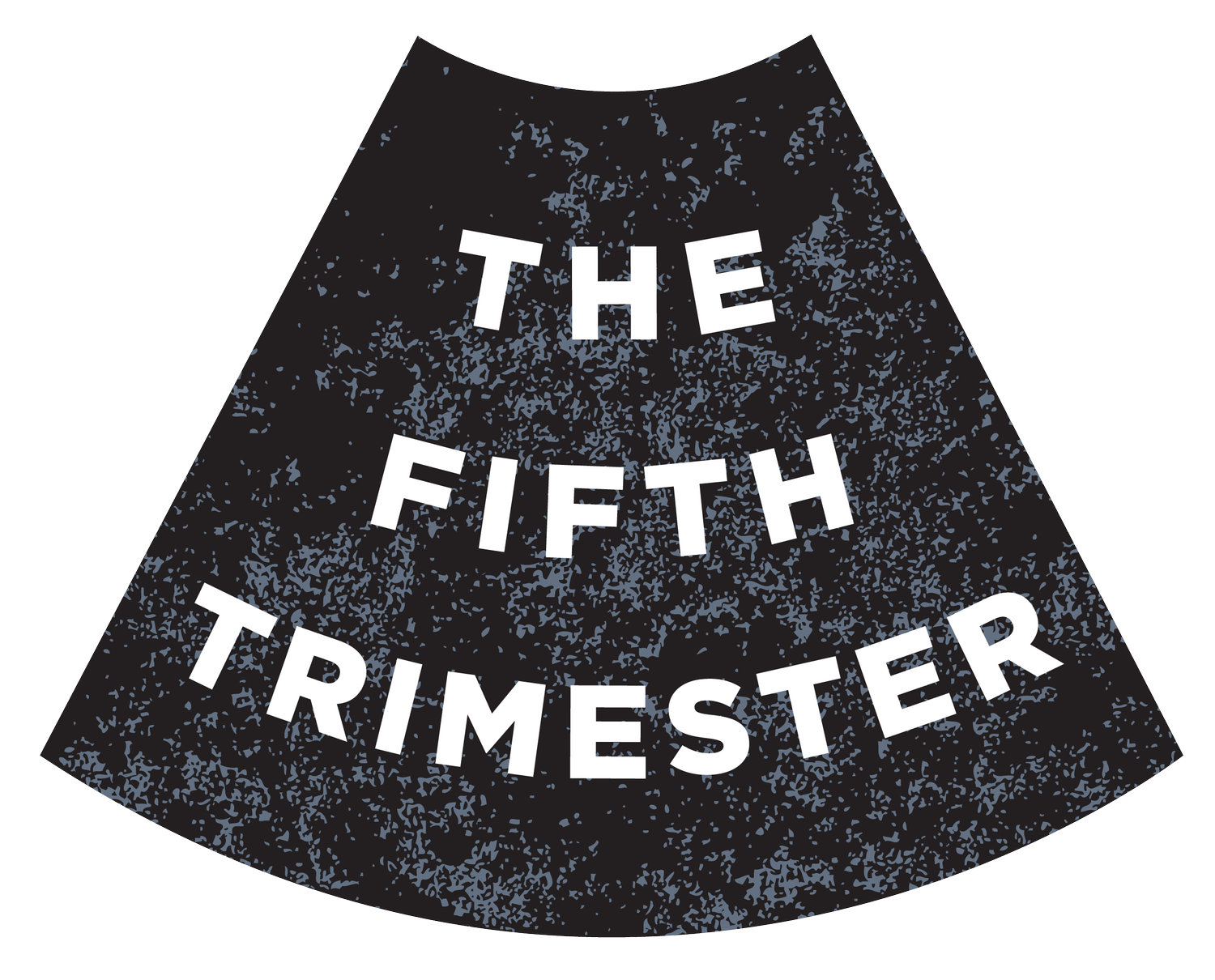Last week, I got this text from my sweet friend Sarah (I've changed her name), a producer, writer, and mom to a new baby. She was flying across the country, sans bebe, avec pump:
"There weren't outlets on the plane. So 10 hours of traveling without pumping. Then we land and I race to the family lounge, and while I'm in there a man starts banging on the door. I tried to yell out explaining, but when I finally finished he cursed me out, screaming obscenities. My eyes are still filled with tears. So embarrassing and stupid."
I have advice in my book about this very situation, a necessary inclusion, given that 25% of the moms I surveyed reported that they had to travel for work within their first three months back. It boils down to this: Pump at your seat on the plane, preferably a window seat, with a cover, using a pump that takes batteries. Bring extra batteries. Don't count on there being outlets—and if there are, don't count on them working.
But like SO much of The Fifth Trimester, this isn't simply a problem of logistics or facilities (though good ones certainly help). It's about culture and employee training. Working moms and even celebrities (go, Alyssa Milano) have tweeted at airlines about their bad experiences, and the airlines always apologize. Technically, the corporate office types know what they're supposed to do for us. But the message isn't making its way to the ears of the workers on the ground...or, ah, in the air. Check out the text I got from poor Sarah a couple of days later, on her way home:
"When I inquired about the outlets at the gate, the agent rudely said she'd check but then made sure to confirm I would only be using the bathroom (as though I planned to be inappropriate if I pumped in my row). When I asked on the plane about the lack of outlets and where women are expected to go, the flight attendant said, 'I guess at home.' Total lack of knowledge."
It gets better (or worse, actually). On Sarah's connecting flight, there was a nursing room across from her gate...but it required a key code to get in, and the gate agent didn't know it and couldn't find anyone who did in time before boarding. (Several of you have sent me pictures of the Mamava pumping/nursing pods in airports around the country—I have mixed feelings but am mostly glad the option exists for the small percentage of moms who can take advantage. More about this in a future post. Anyway, back to Sarah.)
"So I'm texting you while sitting on my flight, crying behind my sunglasses, less out of pain and more out of total frustration that not a single person could help, and that we have to endure this complete lack of choices."
Technically, legally, women are allowed to pump breastmilk on airplanes. They are allowed to carry larger-than-3.4 oz. quantities of milk (with or without their baby) through security, icepacks too. But when the guard at the scanner doesn't know that? Or when the gate agent has no clue what the code is to the nursing room? All that progress goes out the double-paned plastic window. The solution: Training, not just about the "rules," but about sensitivity. In 1980, 80% of flight attendants were under age 35. By 2007, only 20% were. So even though many are mothers themselves—working under really challenging and stressful circumstances, especially post 9/11—technology and societal expectations have changed since they traveled with their own babies. Time for a reset.
So, airlines, your mission:
1) Get some outlets, and make them work! But more importantly...
2) Train your staff to offer the kind of customer service you want to be known for. Give women options when their bodies require special care. Like this:
- Offer pumping moms extra water.
- Have extra batteries around just in case.
- Make it easy for a new mom to switch to a window seat for privacy.
- Learn the locations of lactation rooms in airports, and how to make them accessible.
- Tell other customers who can't stomach a pumping mom to avert their eyes and deal. After all, we were all babies once. But that doesn't mean we have to act like them now that we're grownups.
Wheels up, and peace out.

